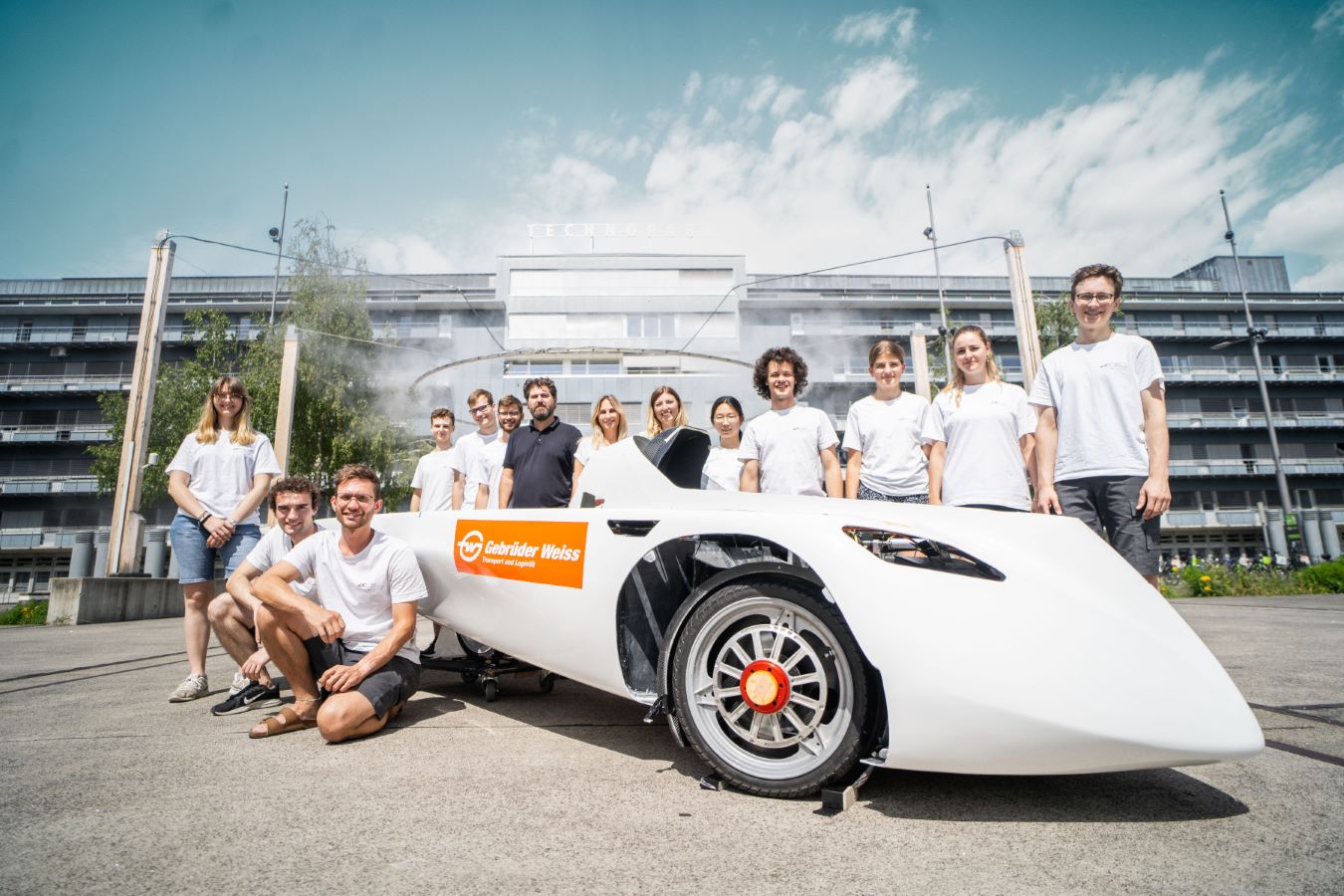The latest UK Government data shows a generally perky July for most business sectors, but transport & storage companies reported gloomier results. Home delivery expert ParcelHero warns transport businesses are the barometer for the economy and July’s rosy picture could be masking future problems.
The latest Office for National Statistics (ONS) figures show British businesses had a generally upbeat July, with all sectors reporting increased turnover and demand and cost rises finally slowing. However, the home delivery expert ParcelHero says transport & storage businesses reported less rosy numbers than many other sectors. It warns this should set off alarms as the transport sector is frequently the barometer of the UK economy.
ParcelHero’s Head of Consumer Research, David Jinks M.I.L.T., says: “The latest ONS Business Insights results reveal many industry sectors had a strong July. Increased turnover was reported by 14.1% of manufacturers, 15.9% of construction businesses and 24.1% of retailers. Overall, 1-in-6 (17%) of businesses reported that their turnover was higher in July 2023 compared with June. However, delivery and supply chain businesses missed out on this upturn.
“Just 7.5% of transport & storage companies reported an increase in turnover in July. That’s the worst result of all UK business sectors except real estate (6.4%). Most transport companies (53%) reported their turnover stayed the same while a hefty 29.1% actually reported a decrease in turnover. Only accommodation & food businesses reported a larger decrease in turnover (35.9%) in July.
“Looking ahead, businesses across all industrial sectors were asked to give their expectations for September. Overall, 18% expect their income to increase, up from the 15% that reported this for August. Meanwhile, 55% report that they expect their turnover to stay the same. However, transport & storage businesses are gloomier. Just 16.7% expect an increase in trade in September, less than the average, with 61.5% saying turnover will probably remain the same and 13.6% predicting a decrease. In contrast, 19.1% of construction businesses and 18.1% of retailers think their September turnover will increase.
“Overall, the ONS report reveals strong signs inflation is finally easing, with just 1-in-8 (12%) of businesses reporting an increase in the price of their goods or services in July, the lowest level since peaking in March 2022. Transport & storage companies always operate on notoriously tight margins. In July, just 5.1% of transport companies increased their prices, 70.6% kept them the same and 8.2% actually decreased their prices. In contrast, 15.9% of construction companies put up the price of their services and 17.4% of retailers increased prices.
“One of the most encouraging results overall for UK businesses was an increase in domestic demand for goods and services. More than 1-in-10 (11%) of businesses reported an increase in demand compared with June. Once more, however, transport & storage lagged behind. Only 6.8% of companies reported an increase in demand for UK services, with 57.6% showing demand holding steady and 16.1% revealing a drop in demand. In contrast, 12.3% of construction companies reported an uptick in demand and 17.6% of retailers.
“Any increase in demand for international work for the transport & storage sector was too small to register. That’s in contrast to rises of 3% in manufacturing and 3.6% in retail. Global demand remained the same for 21.8% of transport companies and fell for 8.9% of them.
“The one bright point for transport & storage sector companies was that the increase in the prices of goods or services they bought was fractionally less than the average for UK businesses. The proportion of British firms reporting increased costs was 30%; this percentage has fallen over time and is the lowest figure reported since a peak of 50% in March 2022. Overall, 28.8% of transport sector companies said the prices they paid for goods and services increased, 48.6% of transport businesses said their costs had remained the same and 3.4% said their costs were actually down in July. To put that into context, 38.6% of construction companies said the prices they paid for goods and services rose in July, as did 32.5% of retail companies. However, only 15.8% of manufacturers reported an increase in their costs, perhaps highlighting less turbulent times for global supply chains.
“Despite transport & storage sector companies’ July woes, the domestic and global logistics market still shows longer-term growth. In 2021, it was worth $8 trillion; by 2027, that will be $13.7 trillion. However, it is a fast-changing, agile industry. Since the end of Covid lockdowns, some parts of the home delivery market have yo-yoed. Companies with aging infrastructure and a fixed cost base have struggled.”












